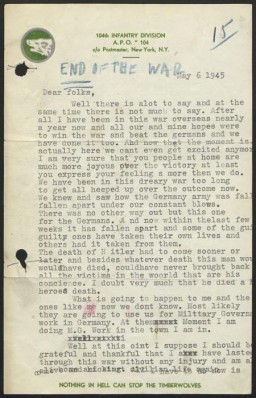You searched for: 尼泊爾挖礦交易程序平臺源碼【TG电报:@EK7676】平台包网搭建尼泊爾挖礦交易程序平臺源碼【TG电报:@EK7676】平台包网搭建11rteyykDI
<< Previous | Displaying results 161-170 of 236 for "尼泊爾挖礦交易程序平臺源碼【TG电报:@EK7676】平台包网搭建尼泊爾挖礦交易程序平臺源碼【TG电报:@EK7676】平台包网搭建11rteyykDI" | Next >>
-
Helen Lebowitz
ID CardHelen was one of seven children born to a Jewish family in Volosyanka, a town in Trans-Carpathian Ruthenia. Nestled in the Carpathian mountains, Volosyanka was a small town with a sizable Jewish community. Jewish life revolved around the town's synagogue. Helen grew up in a close-knit family; many relatives lived nearby. Her father owned a shoe store in the town. 1933-39: When Helen was 11 years old, Hungary occupied the Transcarpathian region. At once, Jews were prohibited from holding government…
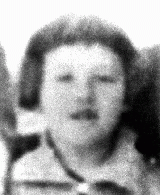
-
Willem Arondeus
ID CardOne of six children, Willem grew up in Amsterdam where his parents were theater costume designers. When Willem was 17, he fought with his parents about his homosexuality. He left home and severed contact with his family. He began writing and painting, and in the 1920s was commissioned to do a mural for the Rotterdam town hall. In 1932 he moved to the countryside near Apeldoorn. 1933-39: When he was 38, Willem met Jan Tijssen, the son of a greengrocer, and they lived together for the next seven years.…
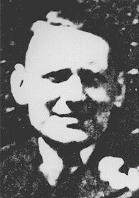
-
Ion Butnaru
ID CardIon was born to Jewish parents in a small, ethnically diverse city in east-central Moldavia [in Romania], a region known for its wine. Husi had a sizable and active Jewish population, which organized literary and artistic festivals and ran a local library. Ion's father was a wine maker and his side of the family had owned vineyards for at least three generations. 1933-39: Ion enjoyed helping his father in the family vineyards. He also did volunteer work at his local Jewish library. When he was 17, his…
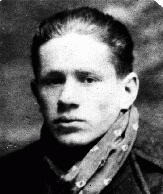
-
Erzsebet Markovics Katz
ID CardErzsebet was born to Jewish parents living in a town on the Bodrog River in northeastern Hungary. Sarospatak was a picturesque town with a ruined medieval fortress, the Windischgratz castle, and many wineries, flour mills, and brickworks. Erzsebet's father was a locksmith and sheet-metal worker. 1933-39: Erzsebet has married Jozsef Katz. It was a lovely, formal wedding. Jozsef comes from a large Jewish family. He's a joiner by trade and was working in Sarospatak when they met. Now they have moved here to…
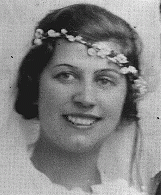
-
Itzik Rosenblat
ID CardItzik, also known as Izak, was one of three sons born to Yiddish-speaking Jewish parents. When Itzik was a young child his family moved to the city of Radom. Itzik left school when he was 11 to apprentice as a women's tailor. After he apprenticed with several tailors in Radom and Warsaw, he went back to school and earned a tailor's license. 1933-39: In 1938 Itzik married Taube Fishman, the daughter of his first employer, after a 13-year courtship much opposed by her family. They lived in Radom, where…
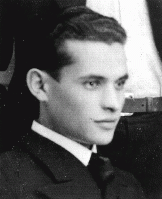
-
Atrocities against Burma's Rohingya Population
ArticleThe Burmese military has targeted the Rohingya people because of their ethnic and religious identity. The military’s actions constitute genocide and crimes against humanity. Learn more
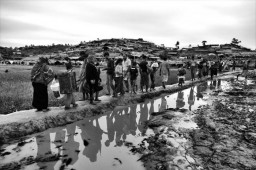
-
The "We Will Never Die" Pageant
Article"We Will Never Die" was a 1943 musical stage performance that raised awareness among Americans about the murder of European Jews. Learn more.
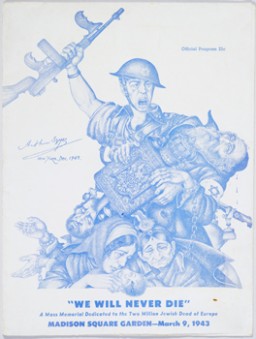
-
Léon Degrelle
ArticleLéon Degrelle was an extreme right-wing Belgian politician and Nazi collaborator. After the war, he continued to spread pro-Nazi propaganda for decades. Learn more.
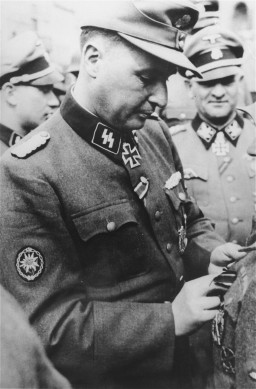
-
A notice sent by the American Consulate General in Berlin regarding immigration visas
DocumentA notice sent by the American Consulate General in Berlin to Arthur Lewy and family, instructing them to report to the consulate on July 26, 1939, with all the required documents, in order to receive their American visas. German Jews attempting to immigrate to the United States in the late 1930s faced overwhelming bureaucratic hurdles. It was difficult to get the necessary papers to leave Germany, and US immigration visas were difficult to obtain. The process could take years.
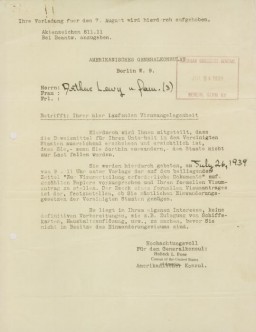
-
Letter home from an American soldier about the end of World War II in Europe
DocumentRudolph Daniel Sichel (b. 1915) left Germany in 1934 for England and then immigrated to the United States in 1936. His father, who had remained in Germany, was arrested during Kristallnacht, sent to Buchenwald for a couple of months, forced to sell his store at a loss, and immigrated to the United States with Rudolph's mother shortly after. Sichel joined the US Army in 1943, attending courses at the Military Intelligence Training Center at Camp Ritchie, MD. He landed on Utah Beach in July 1944 and was…
